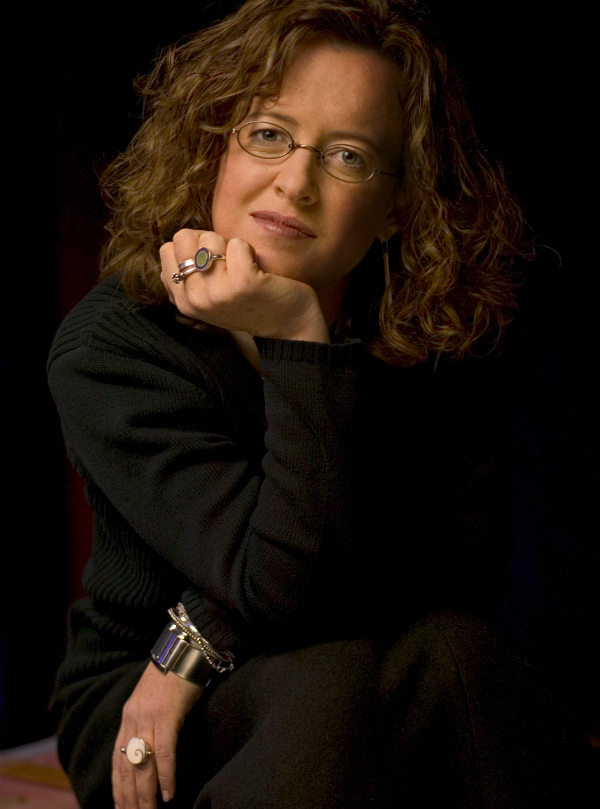Opening Plenary

Messy Futures: Culture, technology and research
Abstract
In 1998, Americans represented nearly three-quarters of the world’s internet users. Today, they are less than 15%. The complexion of the web – its users, their desires, their languages, points of entry and experiences – has subtly and not so subtly changed over that period. All these new online participants bring with them potential different conceptual models of information, knowledge and knowledge systems with profound consequences for the ideological basis of the net. These new participants also operate within different regulatory and legislative regimes which will bring markedly different ideas about how to shape what happens online. And in this same time period, the internet itself has become feral, appearing as a data source, connectivity backbone or content stream for mobile devices, cell phones, connected consumer electronics, gaming consoles, personal health devices, smart electrical meters and city-scapes. Devices have proliferated with device ensembles and debris collecting in the bottom of backpacks, on the dashboards of dusty trucks and in drawers, cabinets and baskets. Convergence didn’t really happen the way it was anticipated and not everyone got online, got connected or having been connected, stayed connected. And the paperless office and the cashless society, well they ran up against the stubborn materiality of paper in its many guises, and e-government proved even more complicated than just regular government. And that was just the last ten years.
Over the next decade, the technologies, systems and experiences we imagine, build, critique and resist will have even more complex trajectories. They will circulate in even wider networks – of people, institutions, cultures, places, memories and ideologies. If we start with the premise of “messy futures,” what does that means for us as a community of scholars, researchers and builders? What will it mean for the projects we undertake, their locations, intellectual agendas and outputs? In this talk, I want to explore about what happens if we accept that the future is neither singular, nor stable.
Biography
Born and raised in Australia, today Dr. Genevieve Bell is the Director of the User Experience Group within Intel Corporation’s Digital Home Group in Portland, Oregon. She is the driving force behind Intel’s emerging consumer centred focus. Gathering a team of anthropologists, interaction designers and human factors engineers to transform consumer-centric product innovation, she has fundamentally changed how Intel envisions, plans and develops its platforms. Her team is responsible for setting research directions, conducting global comparative qualitative and quantitative research, leading new product strategy and definition and championing consumer-centric innovation and thinking in Intel’s Consumer Electronics business and across all of Intel’s platforms. Dr. Bell has a PhD in anthropology from Stanford University and a new book forthcoming from MIT Press. She was recently recognised by Fast Company magazine as one of the 100 most innovative people in business.

